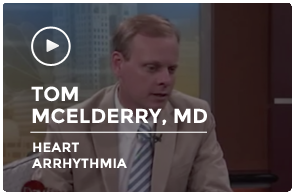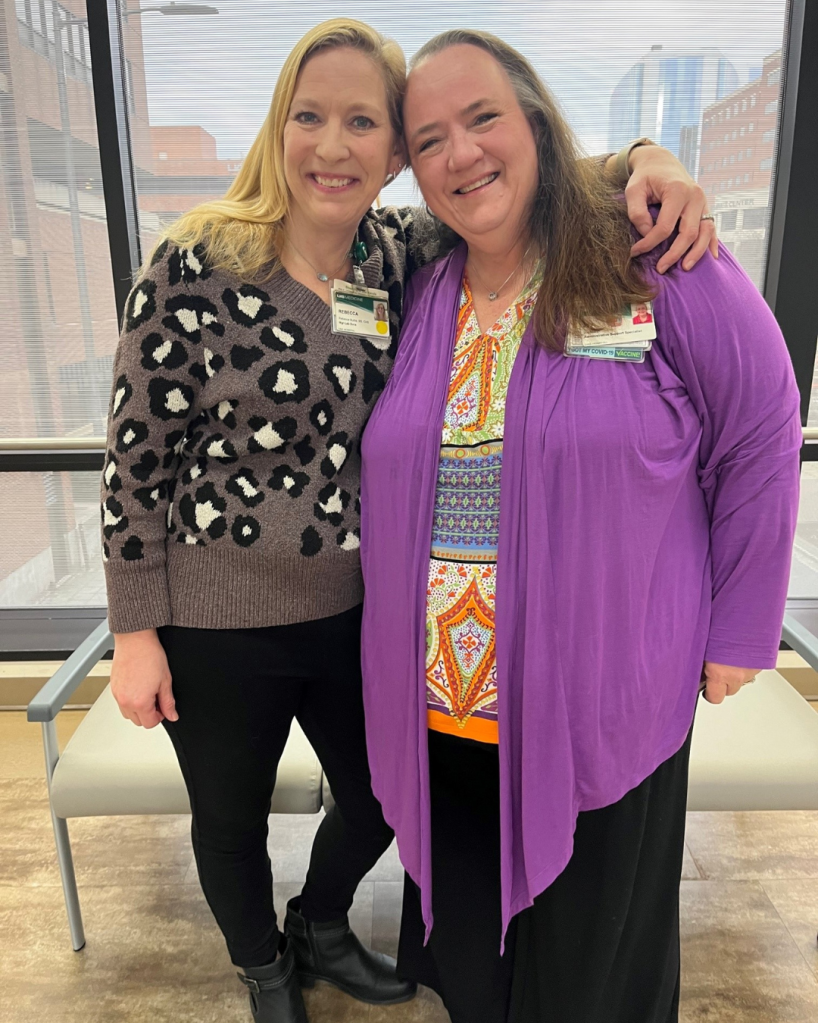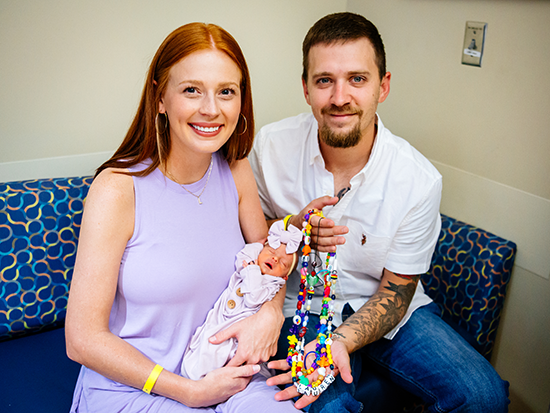Premature ventricular contraction, or PVC, is a condition that causes an extra heartbeat or an abnormal heartbeat that occurs earlier than it should. This abnormality originates in the two lower chambers of the heart (the ventricles), but it also may occur in the upper chambers of the heart (the atria). Premature ventricular contraction often manifests as an extra heartbeat, followed by a pause, and then a stronger, quicker heartbeat. It may be described as a flutter or the heart skipping a beat.
Premature ventricular contractions are very common in all age groups, and most people will experience them at some point in their lives. For normal, healthy people, the occasional period of premature ventricular contractions is no need for concern and typically does not require treatment. For those with an underlying health condition, such as heart disease, premature ventricular contractions may cause additional problems or be indicative of worsening conditions. PVC may be brought on by something as simple as excess caffeine, a change in the body’s electrolytes, or medicines such as albuterol. More serious health conditions, such as pneumonia or COPD (chronic obstructive pulmonary disease), could trigger PVC by lowering the amount of oxygen in blood.
UAB Cardiovascular Institute delivers optimal patient care for heart rhythm disorders. You will be cared for by regional and world leaders in the treatment of heart arrhythmias such as atrial fibrillation, atrial flutter, ventricular tachycardia, Wolff-Parkinson-White syndrome, atrioventricular re-entrant tachycardia, and other heart rhythm abnormalities.
Our physicians evaluate the newest treatments and technologies and author professional publications that advance the field of arrhythmia treatment. Their extensive experience and academic backgrounds ensure that they are familiar with all types of heart rhythm disorders. Our academic medical center performs more than 600 heart rhythm-related procedures each year, and our success in treating all types of complex arrhythmias is well-documented. Our electrophysiologists have access to the UAB Cardiovascular Institute, one of the largest of its kind in the Southeast. It features the most advanced technology available, including four procedural suites dedicated to electrophysiology (the electrical signals in the heart). At UAB Medicine you are part of a program that carries out pioneering work in atrial fibrillation and advanced pacemaker and cardioverter defibrillator design
Videos
Resources
Related Specialties
Clinical Trials
Speak to your physician about your options and browse the link below for more information




